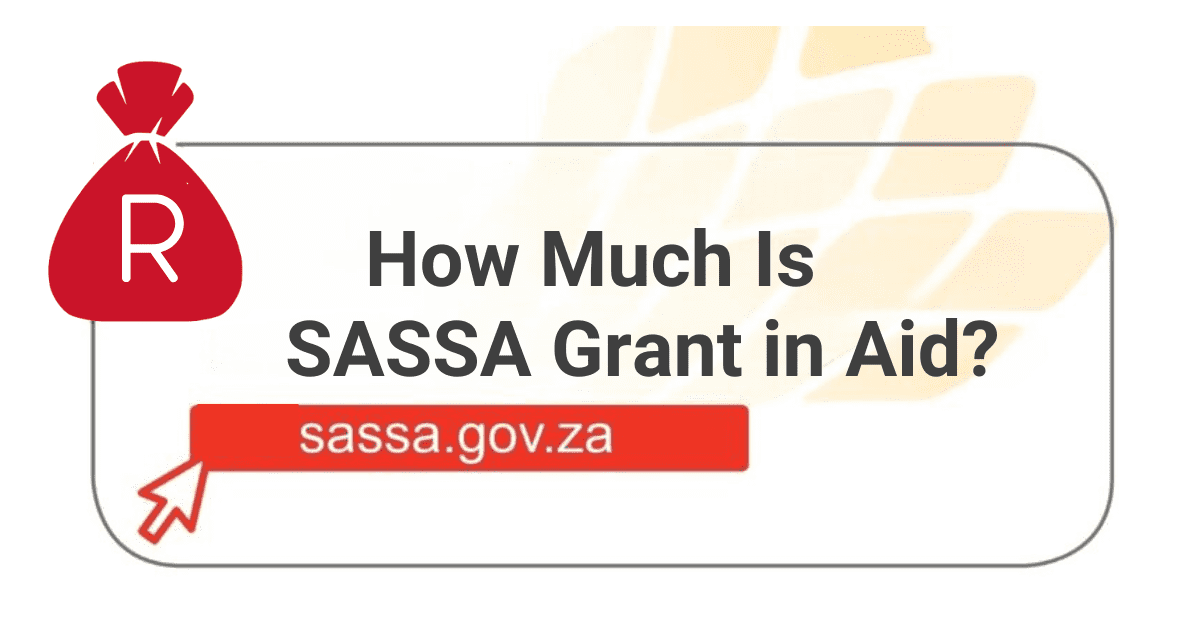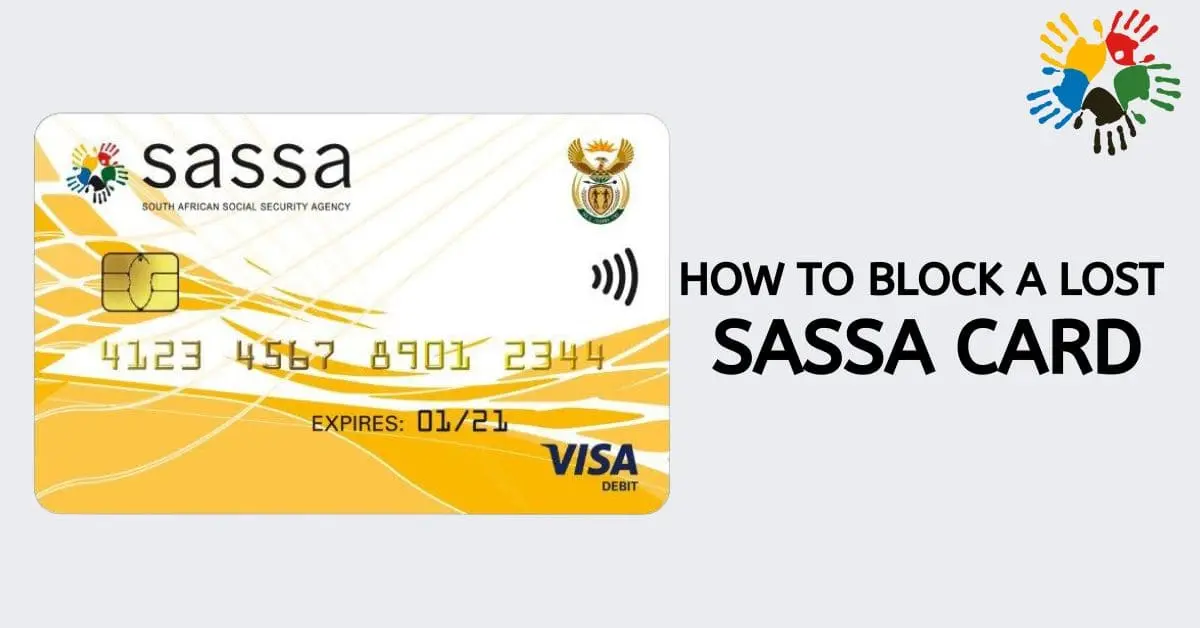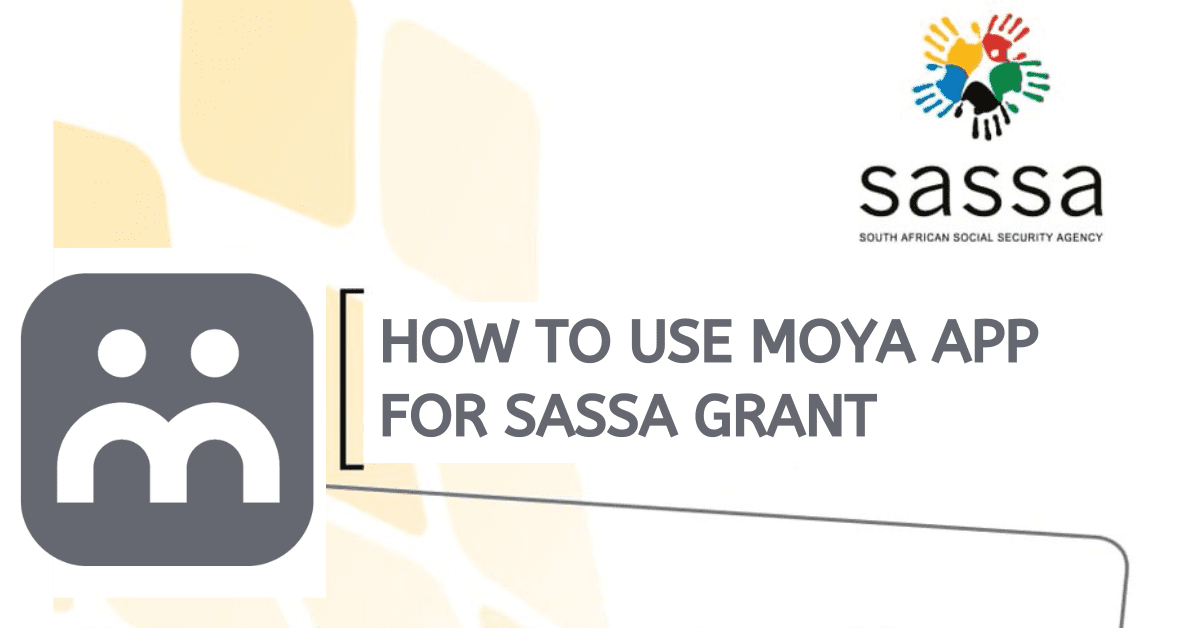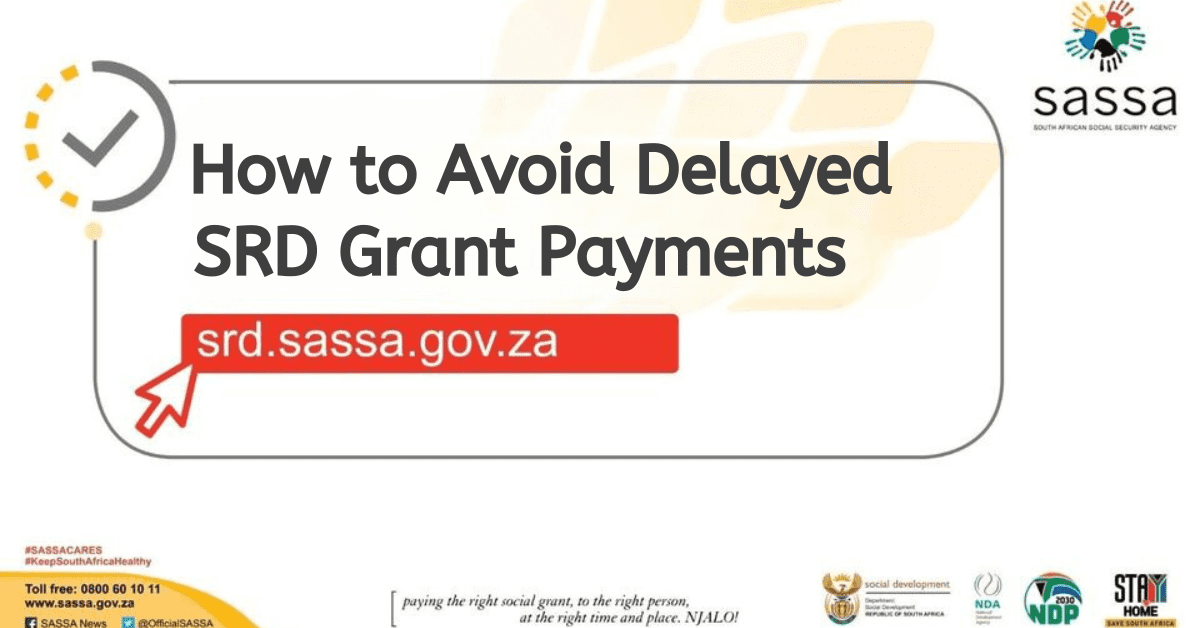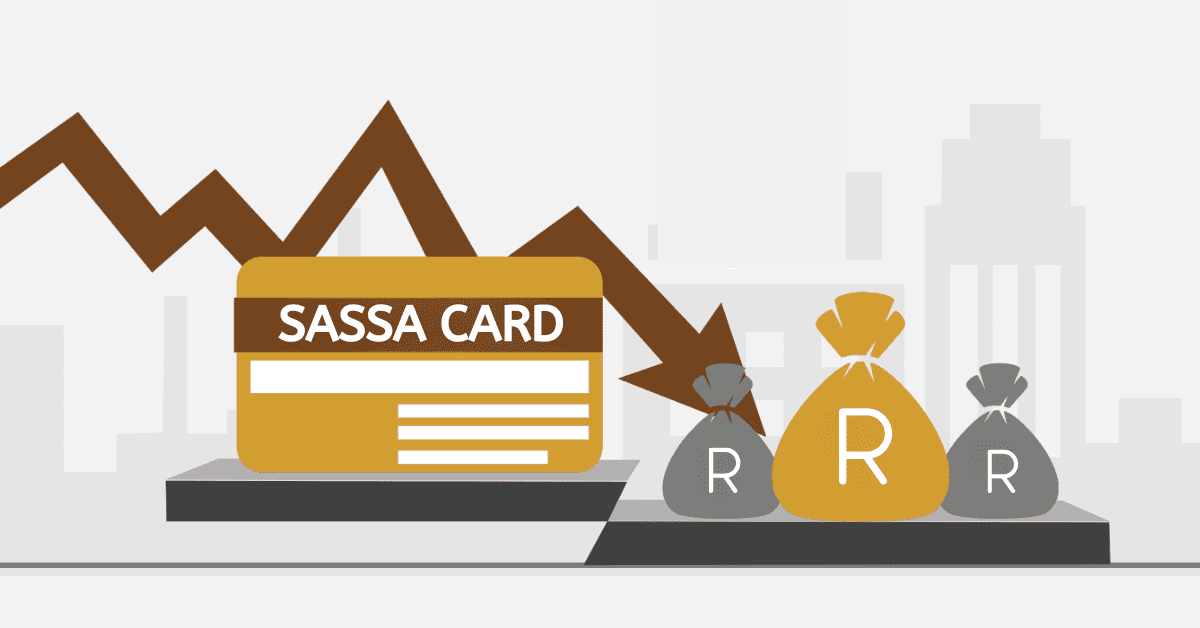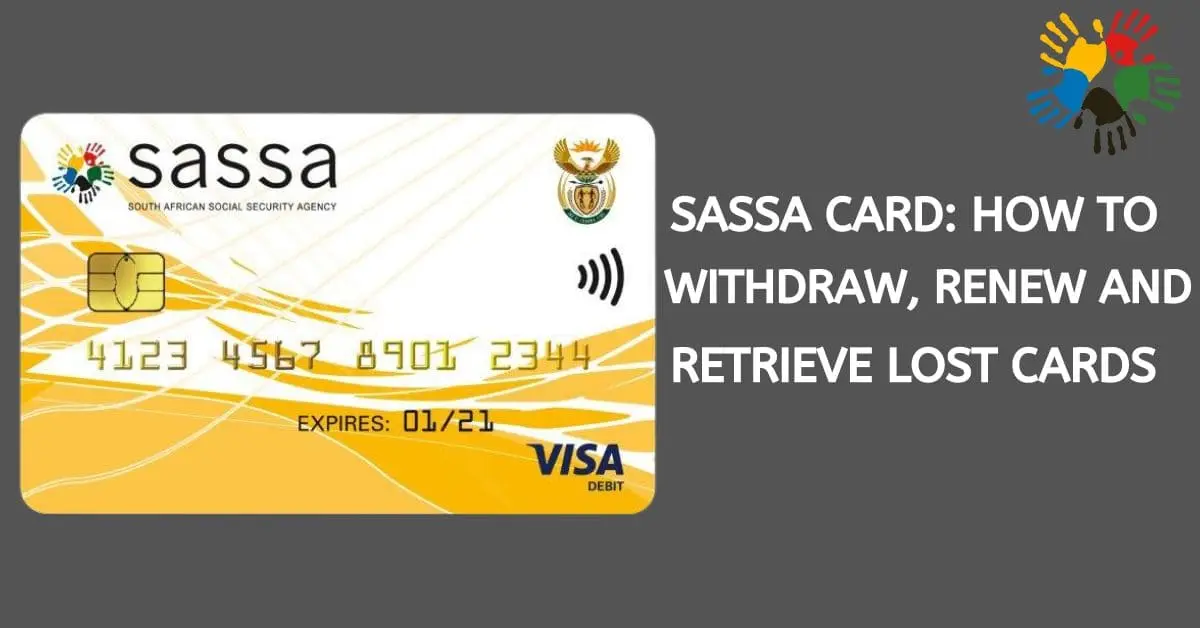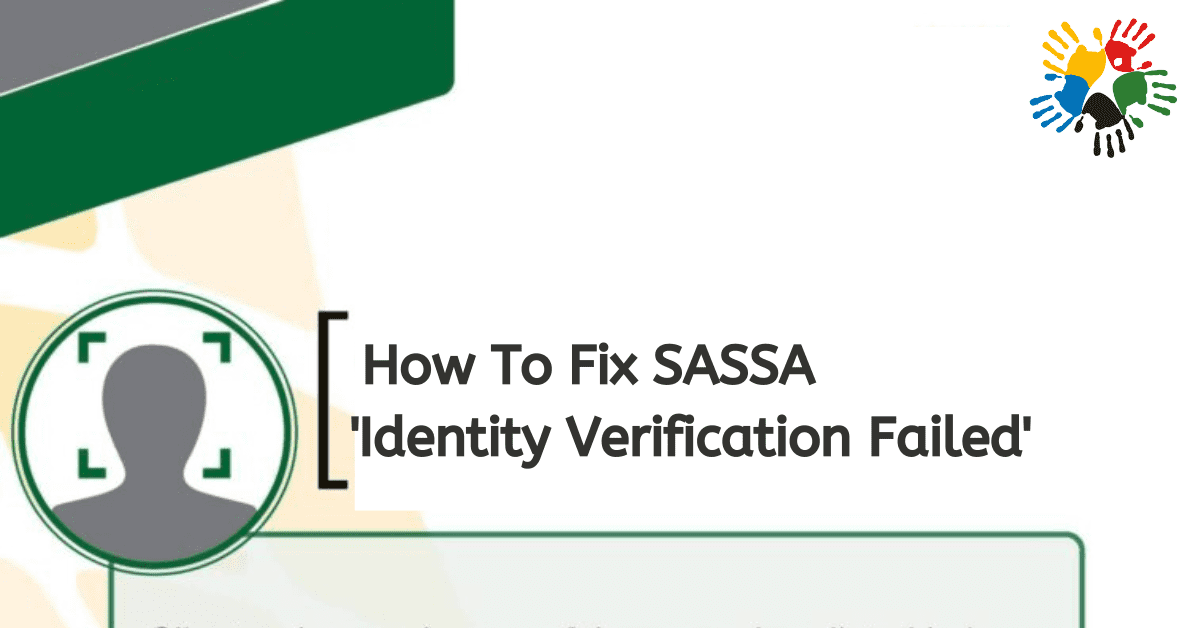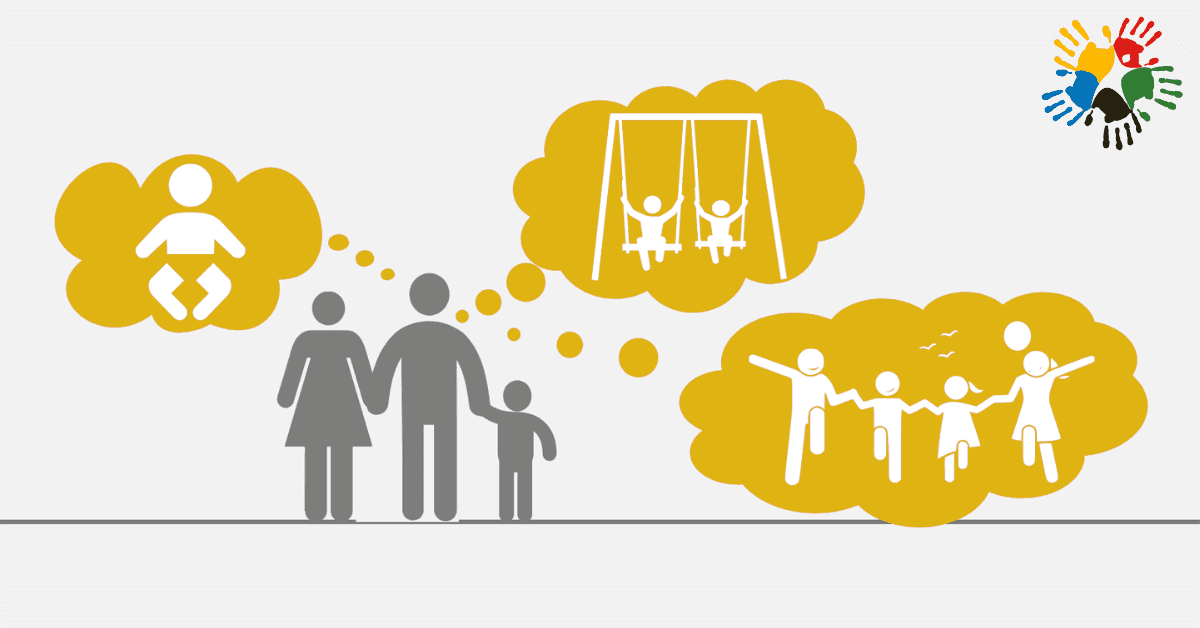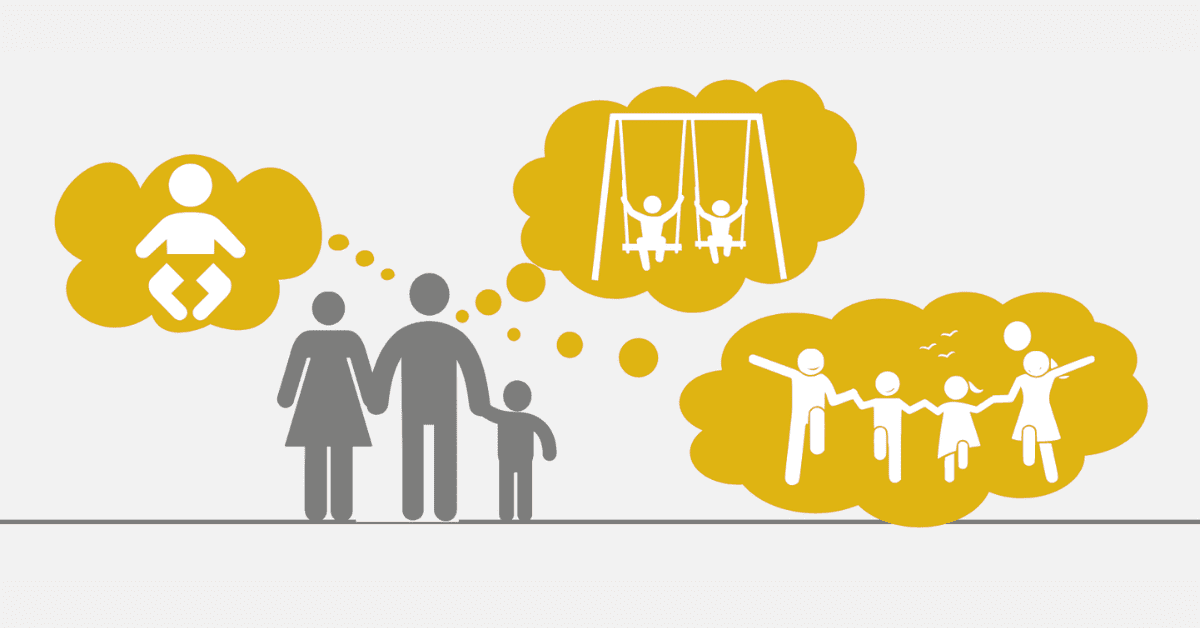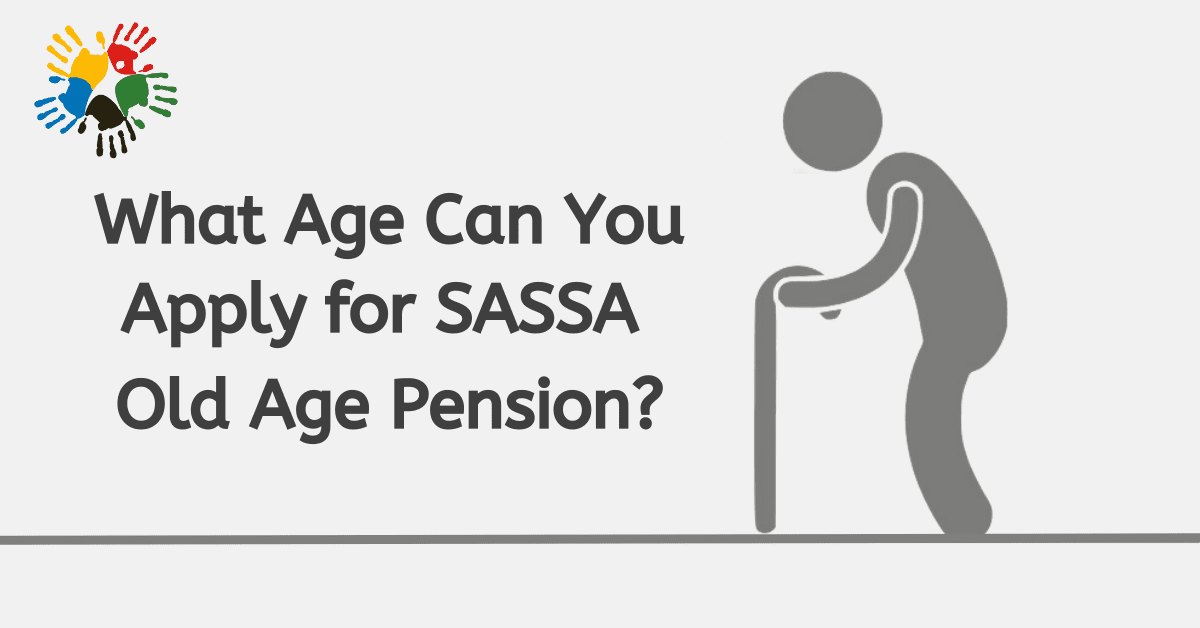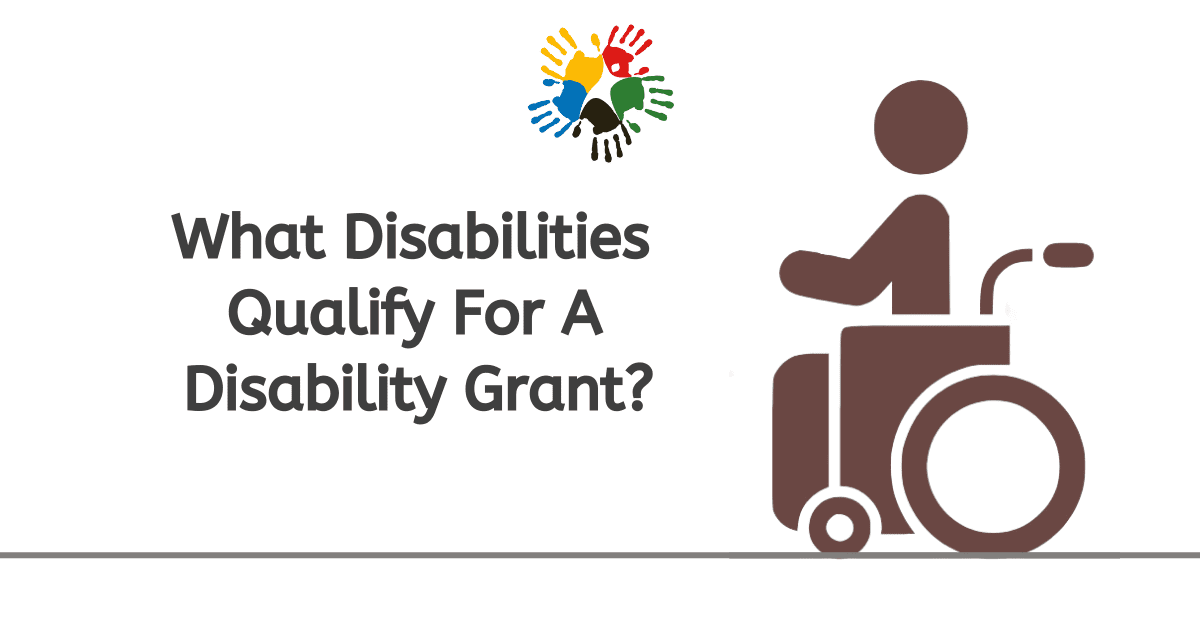While applying for and receiving your SASSA grant is an important step in supporting yourself or your family, it is critical you realize it is never a fixed process and will evolve and change as your circumstances do. If your circumstances change for the better or the recipient of the grant passes away, you will need to inform SASSA and have any relevant cancellation or change to the grant made. Today we will walk you through all aspects of canceling a SASSA grant in the case of death, as well as other supports you may access at this difficult time for your family.
How To Cancel Sassa In Case Of Death
If a SASSA grant recipient passes away, the grant should be automatically canceled by SASSA once the death is reported, which is near immediate. However, it is important to notify SASSA of the recipient’s passing to avoid any potential issues with payments. Remember, you cannot simply claim the money that was due to the deceased, as this would count as fraud, a criminal activity.
You will need to obtain the death certificate from the Department of Home Affairs first. They will ask you how many copies you require- make sure to get one to provide to SASSA, too. Once you have this, you should contact SASSA to inform them of the recipient’s passing and provide them with their copy of the death certificate. You may also need to give them additional details to track the grant recipient, such as their ID number, the type of grant they received, and so on. They will ask you to complete a form for these circumstances. This should always be done in-person at a SASSA office, or you can see if the hotline will assist you. Even if you have the login details for the deceased’s SASSA website account or app, you should not use them.
If the recipient had a SASSA card, you should return it to SASSA or destroy it to prevent any unauthorized use. You will also need to notify their bank as part of a separate process so their accounts can be frozen- you cannot continue to use their account after their death. It would be smart to follow up with SASSA to ensure that the grant has been canceled and to confirm everything is in hand.
How Does SASSA Funeral Policy Work?
As from 2017, SASSA recipients have been able to opt in to have up to 10% of the grant they receive diverted into a SASSA funeral policy to help cover the costs of their burial. These are called 26A deductions. You cannot make this deduction from a child grant, however. You should realize that this funeral policy is not actually administered by SASSA and is not a SASSA grant. Rather it is a funeral policy run by an insurance company. If you do not know who the deceased had this policy with, you can contact SASSA via their website, hotline, or in-person at a SASSA office, and they should be able to assist you with tracing and claiming from the policy.
Who Qualifies For SASSA Funeral Benefits?
If the deceased did not withdraw their grant money for the last month of their life, or has any other grant money due to them, and they did not pay into the SASSA funeral policy from their grant money, you can make an ‘unclaimed benefits’ death claim to receive this money to help pay for their funeral and interment. If the grant payment was already withdrawn, however, there will be no further benefits due to you. If you are struggling to pay for the burial of the deceased, you can apply for a Public Service Funeral from your local municipality. These are short and simple services, usually cremations, and will not be a fancy affair, but it will lay your loved one to rest with dignity.
What Documents Are Needed For a Death Claim?
You will need the SASSA funeral policy your loved one held’s details, which SASSA can help you with. You will need to provide them with a copy of your ID and that of the deceased, as well as their death certificate and any other documentation they ask for. If you are applying for the unclaimed benefit from their SASSA grant, you will also need the receipts from the funeral. If you have lost these, the funeral parlor may be able to help.
Dealing with the loss of a loved one is never easy. However, do remember that all SASSA benefits, whether for the living or deceased, only have a 90-day claim window before they lapse. While it can be tough to think of mundane administrative things while grieving, it is always best to start all necessary claims and procedures as soon as you can to ensure you at least receive the maximum coverage possible to help you through this trying time. If you were dependent on the deceased, you may also want to talk to a SASSA officer or social worker to see what claims you can make on your own behalf to ensure you continue to receive financial support.
